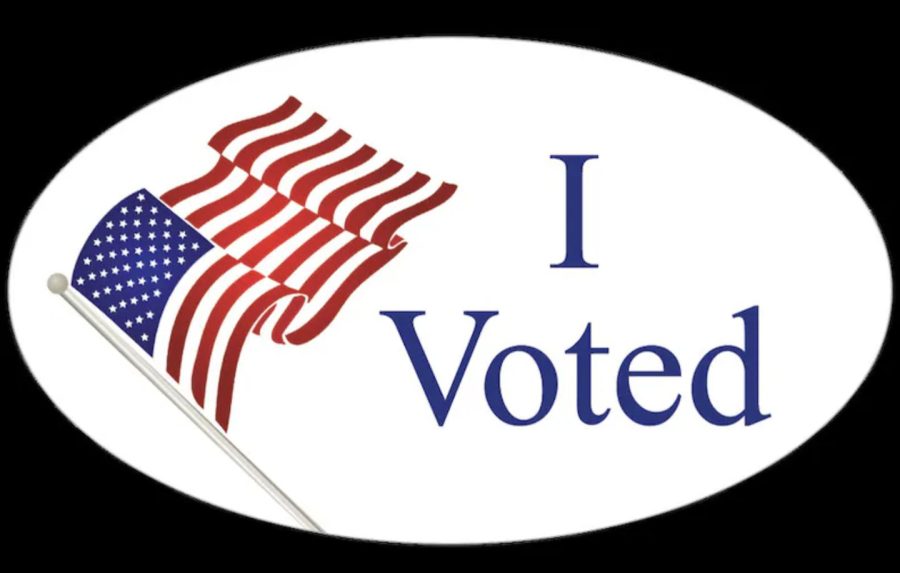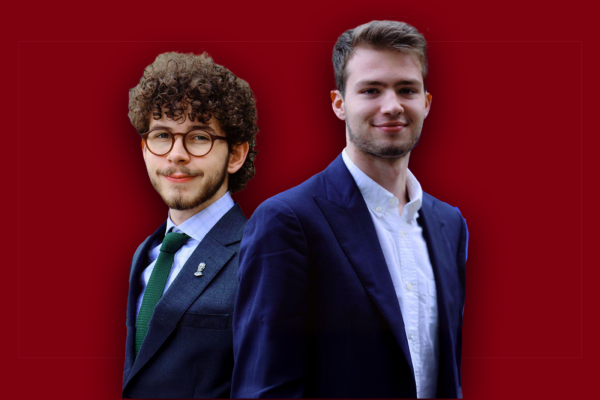United Student Government Makes Changes to Election Codes
From April 21 to May 2, students across Fordham’s undergraduate population will be campaigning for seats available to constitute next year’s United Student Government (USG) governing body.
However, there is still a question amongst students in regard to election codes and how candidates campaign and get the votes they need to win. This issue carries over from last year’s election when it was discovered by The Fordham Ram that there were breaches of transparency where the voting student population was not aware of prior infractions, sanctions or offenses that students may have committed. Additionally, there was much controversy surrounding the then-sitting USG population and allegations of a text chain which disparaged another then-sitting member of USG.
According to current USG members, recent changes and safeguards have been made to the election code as an attempt to keep elections in line with values held by the election commission. In regard to issues discovered or brought up against candidates, the election commission’s role has been established as being the body which upholds safe and reliable elections. The main focus of the commission, as of now, is to prevent students from being disparaged or embarrassed, and chiefly to safeguard the respect and sum image which USG elections demand. The USG election commission said they hold this process in high regard.
Executive President of USG and President of the election commission, Santiago Vidal, FCRH ’24, reaffirmed this when speaking on the topic of election integrity and disclosing infractions to the Fordham community. “A change we added to the election was implementing a week for the election commission to review complaints and concerns submitted by students to USG through a Google form to review interested candidates’ standing within the university.”
Vidal added, “After candidates are confirmed and allowed to run, we have in place varying levels of sanctions which can occur at any point throughout campaigning. This is the major change we implemented and it should yield a positive result. It is important to note, however, that it is a learning process and we are learning from last year to do better for this year’s election. We were very specific in revisions and very specific as to consequences for actions taken by candidates and we hope to improve trust with these implementations.”
However, the criticism of the extent of infractions and knowledge the public receives of how candidates are treated in cases where infractions are administered is still private. According to USG, they do not wish to damage the reputations of candidates or potential candidates, and will respect this by keeping investigations private. They also claim that holding a week for students to submit damaging materials about candidates upholds the respect for the student body and student leaders.
As outlined in the candidate meeting, held on Friday, April 21, the election commission intends to keep private the findings, investigations and punishments administered to students who receive infractions and wants to keep focus on the positive and exhilarating aspects of campaigning and candidates urging support from the student body. Additionally, they have added levels of infractions and the respective punishments which go along with breaking varying tiers.
Election commissioners Liz Shim and Santiago Vidal, who spearhead such processes where infractions are administered and all other election-related activities, are conscious of their responsibility to the Fordham community to make sure eager students who wish to better serve the community are allowed to do so, but within the parameters that they are given.









































































































































































































